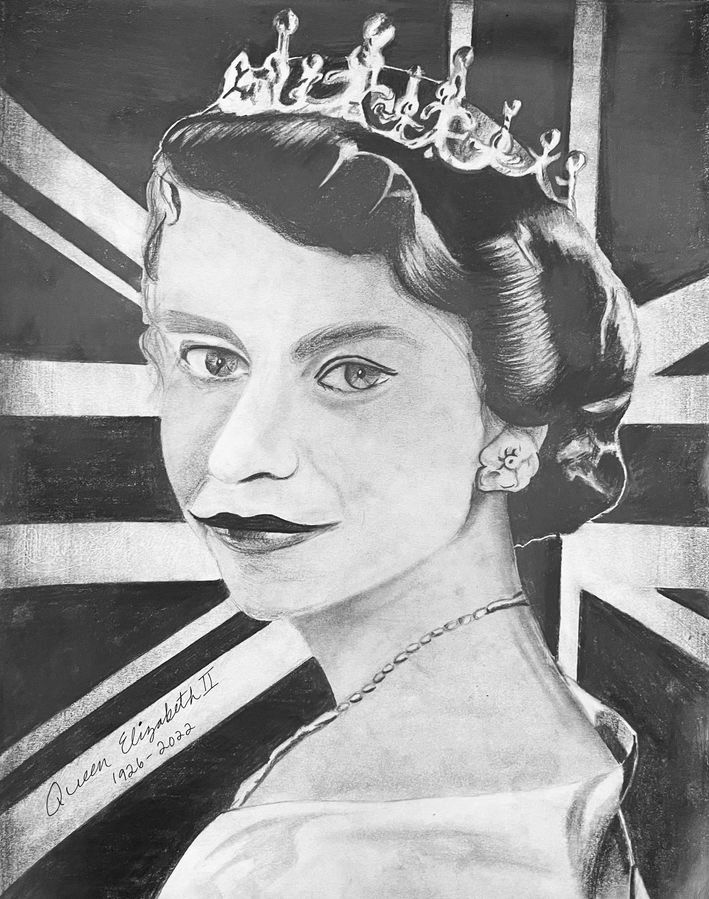Queen Elizabeth II’s legacy
November 17, 2022
Queen Elizabeth II,the longest reigning monarch in British history, according to the BBC, died on Sept. 8, 2022 at the age of 96 after 70 years on the throne. She left behind a remarkable legacy, one that is both respected and controversial.
Born in 1926, Queen Elizabeth grew up a relatively normal life out of the public eye in London. This all changed when her uncle, King Edward VIII, abdicated in 1936.
Her father took the throne as King George VI. After her father died, she became monarch in 1952 at the age of 25. Post-World War II England was a time of great social and political change because the British Empire was beginning to weaken.
During her reign, the Queen served the United Kingdom and the Commonwealth of Nations as the head of state. The U.K. comprises Britain and Northern Ireland. The Commonwealth of Nations is an international organization of 56 countries, many of which are former British colonies.
During her reign, she kept close ties to each of the 15 successive prime ministers that led the U.K.
The Queen was an intergenerational symbol. Mr. Brian Levinson, a world history teacher, said, “Sometimes people need long-standing traditions and institutions to bind them together. And I think the Queen was one of those institutions. I think she was somebody that helped create links between a grandparent who was born in the 1930s or 40s and a grandkid who’s
using smartphones and all of the types of 21st century technology.”
More than 90 percent of the world’s population has seen only one monarch on the throne.
“I was amazed by how the country responded,” said Mr. Levinson. “In my class, we watched clips of a five-mile long procession through London so that people would have a chance to honor her.”
Anna Bornheimer (‘26) said, “She did her job, I believe she did it well.”
The Queen’s legacy and reign was not one without controversy, including the establishment of the British Empire and colonial slavery. According to the New York Times, the Queen has remained famously silent about these issues.
Emilian Lipnevich (‘26), said, “She has not once said anything about the actions in the past of the British Empire’s colonialism.”
Others praise the Queen for her non-partisan views. “I think it’s also quite admirable that she never really publicized her political views,” said Lipnevich. “She symbolized the entire British Empire. So she defined and unified that under one kind of ruler.”
The Queen’s death has brought up the question of whether or not the monarchy is relevant in the modern world.
“The fact that she passed away, and the monarchy was so tied to her so specifically that people are now thinking, ‘Why do we even have the monarchy?’ What do we use it for?” Bornheimer said.
As one of Britain’s last links to its former glory, the Queen’s death marks the beginning of a new era, not just for the United Kingdom, but the world.

